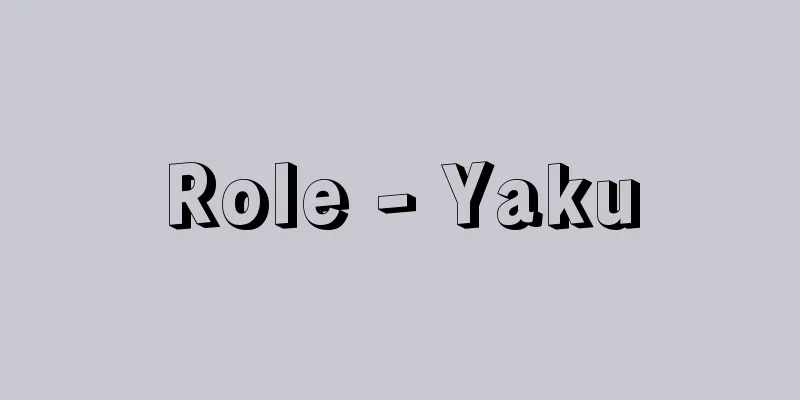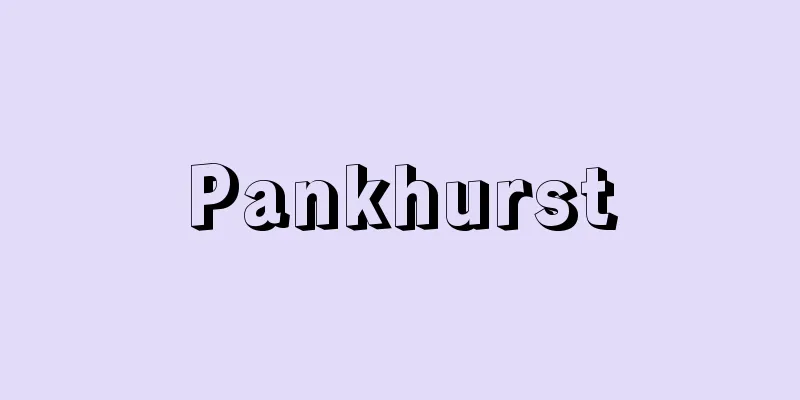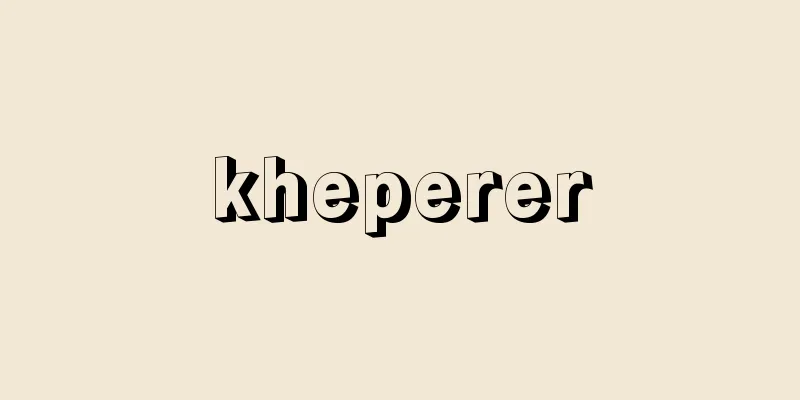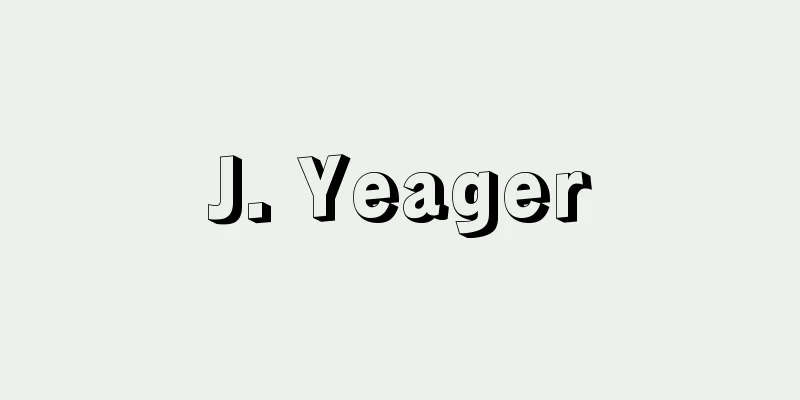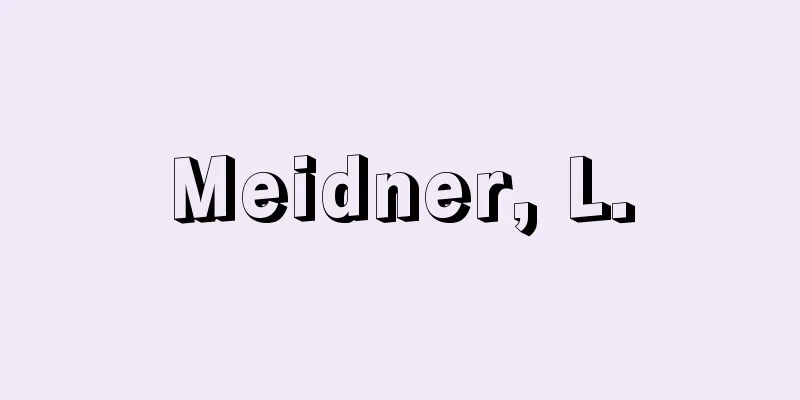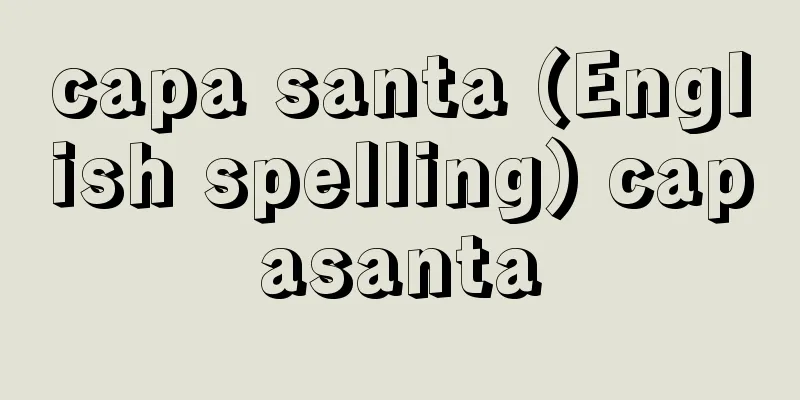German Social Democratic Party
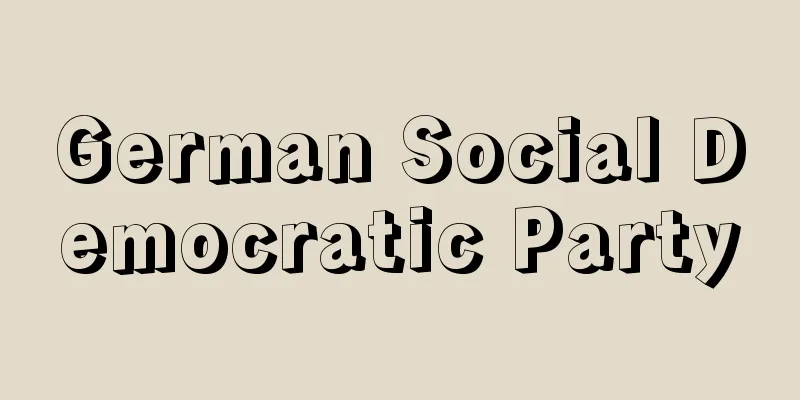
|
Successor to the Socialist Workers' Party of Germany, founded in 1875 by the merger of the Eisenach and Lassalle factions. In 1890, the party adopted its current name. Its abbreviation is SPD. In 1891, the Erfurt Platform made it clear that the party would take a Marxist stance, and since then, it has made great strides, becoming the largest party in parliament in 1912. However, when World War I broke out, the party supported it. Although its influence declined somewhat due to the split of the anti-war faction (Independent Social Democratic Party of Germany), it was one of the leading parties during the Weimar Republic and often participated in the government. It was destroyed under the Nazi regime, but revived as a leading party in West Germany after World War II. In 1959, the Bad Godesberg Platform adopted a new policy that recognized the principles of a market economy and affirmed national defense, breaking away from Marxism. In 1969, a coalition government with the Free Democratic Party (FDP) was formed, and Brandt became prime minister. In 1982, Schmidt was voted no confidence in the Bundestag and stepped down from his position as the ruling party after 16 years. In 1989, the party adopted the Berlin Programme, paving the way for cooperation with the Green Party. After winning the 1998 election, the party established a coalition government with the Alliance '90 and the Green Party under Chancellor G. Schroeder. In 2002, Schroeder proposed his own foreign policy, the German Way, and in 2003, he announced a reform project called Agenta 2010, based on economic globalization and growth strategies, and steered policy in the direction of neoliberal institutional reform, including insurance system reform and labor market reform. As a result, the party was criticized by the labor unions, which were its support base, for its high unemployment rate and fiscal cutbacks, and in the 2005 general election, the party lost its position as the largest party to the Christian Democratic Union (CDU) by a narrow margin, and it was forced to cede the position of Chancellor to CDU leader Merkel, and form a grand coalition with the CDU. The Hamburg Platform adopted in 2007 changed Schröder's neoliberal policies and became a left-wing platform that rejected globalization. However, in the 2009 federal election, the party received even fewer votes than in the previous election, and had to settle for 146 seats, the second lowest since the war. In this election, conservative and center-right parties, centered around Merkel's CDU/CSU, won a majority and succeeded in forming a coalition, and the SPD withdrew from the ruling party. However, the German economy, which supports the stabilization of the EU's economy and finances in the face of the euro crisis, sovereign risk, and European debt problems, is considered to be the result of the reforms made by the Schröder administration. The party's strength has since recovered somewhat, and in the general election in the fall of 2013, although it was more than 100 seats behind the ruling CDU/CSU, it won 192 seats. It held two months of coalition negotiations with the CDU/CSU, which did not reach a majority, and coalition negotiations were concluded in November, and the party joined the grand coalition government under Chancellor Merkel of the CDU/CSU. → Related topics Orenhauer | Kautsky | Christian Democratic Union | Kohl | Anti-Socialist Law | Social Democracy | Schumacher | Schmidt | The Iron Law of Minority Rule | Spartacus | Second International | Germany | German Revolution | Parvus | Hilferding | Bebel | Bernstein | Michels | Democratic Socialism | Mehring | Liebknecht | Liebknecht Source : Heibonsha Encyclopedia About MyPedia Information |
|
1875年アイゼナハ派とラサール派が合同して創立したドイツ社会主義労働者党の後身。1890年現名。略称SPD(エスペーデー)。1891年エルフルト綱領でマルクス主義の立場に立つことを明らかにし,以降勢力は躍進し1912年議会第1党となった。しかし第1次大戦が勃発(ぼっぱつ)するとこれを支持。反戦派の分裂(ドイツ独立社会民主党)によって若干の勢力減退をみたが,ワイマール共和国時代も有力政党の一つで,しばしば政権に参加。ナチス政権下では壊滅状態になったが,第2次大戦後西ドイツでは有力政党として復活。1959年バート・ゴーデスベルク綱領で,市場経済の原則を認め,国防を肯定した新路線を採択,マルクス主義と絶縁した。1969年自由民主党(FDP)との連立政権が成立,ブラントが首相となった。1982年シュミットが連邦議会で不信任され,16年間続いた与党の座を降りた。1989年ベルリン網領を採択し,〈緑の党〉との連携への道をひらいた。1998年選挙で勝って,G.シュレーダー首相のもとで〈90年同盟・緑の党〉と連立政権を樹立した。シュレーダーは2002年独自の外交政策〈ドイツの道〉を提唱,また2003年には,経済のグローバル化と成長戦略を踏まえた〈アゲンタ2010〉という改革プロジェクトを発表,保険制度改革や労働市場改革など,新自由主義的な制度改革の方向に政策の舵を切った。結果として高い失業率と財政削減策が支持基盤である労働組合から批判を受け,2005年の総選挙でキリスト教民主同盟(CDU)に僅差で第一党の位置を奪われ,CDU党首メルケルに首相の座を譲ることとなり,CDUとの大連立を余儀なくされた。2007年採択したハンブルク綱領は,シュレーダーの新自由主義的政策を転換,グローバリズムを否定する左派的な綱領となった。しかし2009年の連邦議会選挙では前回よりもさらに得票を減らし,戦後2番目に少ない146議席に甘んじることとなった。この選挙ではメルケルのCDU/CSUを中心に保守・中道右派が過半数を制し連立に成功,SPDは政権与党から離脱した。しかし,ユーロ危機・ソブリンリスク・欧州債務問題と深刻化するEUの経済・金融の安定化を支えるドイツ経済は,シュレーダー政権による改革の成果ととらえられている。党勢はその後やや回復に向かい,2013年秋の総選挙では,与党CDU/CSUには100以上の議席差をつけられたものの192議席を獲得,過半数に達しなかったCDU/CSUと2ヵ月にわたる連立協議を行い,11月連立協議が成立,CDU/CSUのメルケル首相のもと大連立政権に参加することとなった。 →関連項目オレンハウアー|カウツキー|キリスト教民主同盟|コール|社会主義者鎮圧法|社会民主主義|シューマッハー|シュミット|少数支配の鉄則|スパルタクス団|第二インターナショナル|ドイツ|ドイツ革命|パルブス|ヒルファディング|ベーベル|ベルンシュタイン|ミヘルス|民主社会主義|メーリング|リープクネヒト|リープクネヒト 出典 株式会社平凡社百科事典マイペディアについて 情報 |
<<: German Mysticism (English spelling) Deutsche Mystik
>>: German Theater (English: Deutsches Theater)
Recommend
Enragés - Enragés (English spelling)
A radical group during the French Revolution. The...
Obeid - Obeid (English spelling)
A city located in the northeast of Africa, almost...
Crow (Fujikage) - Crow
...The origin of the whale's name is unknown,...
Reverse
…It refers to painting the same color family in a...
United Technologies Corp.
One of the world's leading aircraft engine man...
Nokogiriyama - Nokogiriyama
This mountain is located in the southern part of ...
Amagase [town] - Amagase
A former town in Hita County, western Oita Prefect...
Komatsu Ltd.
A global construction machinery company. Establish...
Extrapolated Expectations - I want to hear
… In recent dynamic economic theories, theoretica...
kharif
… [Agriculture] The most important industry in th...
America - America (English spelling)
A general term for the so-called New World, which...
Pasania glabra (English spelling)
...The leaves of Quercus salicina are also used i...
Waiting to eat Anglerfish - Anglerfish Town Dinner
…Their mouths are very large, with protruding low...
Noncompliance
… [Blood levels during drug therapy] It is often ...
Kidney cancer - cancer
This type of cancer develops in the kidney, and is...

